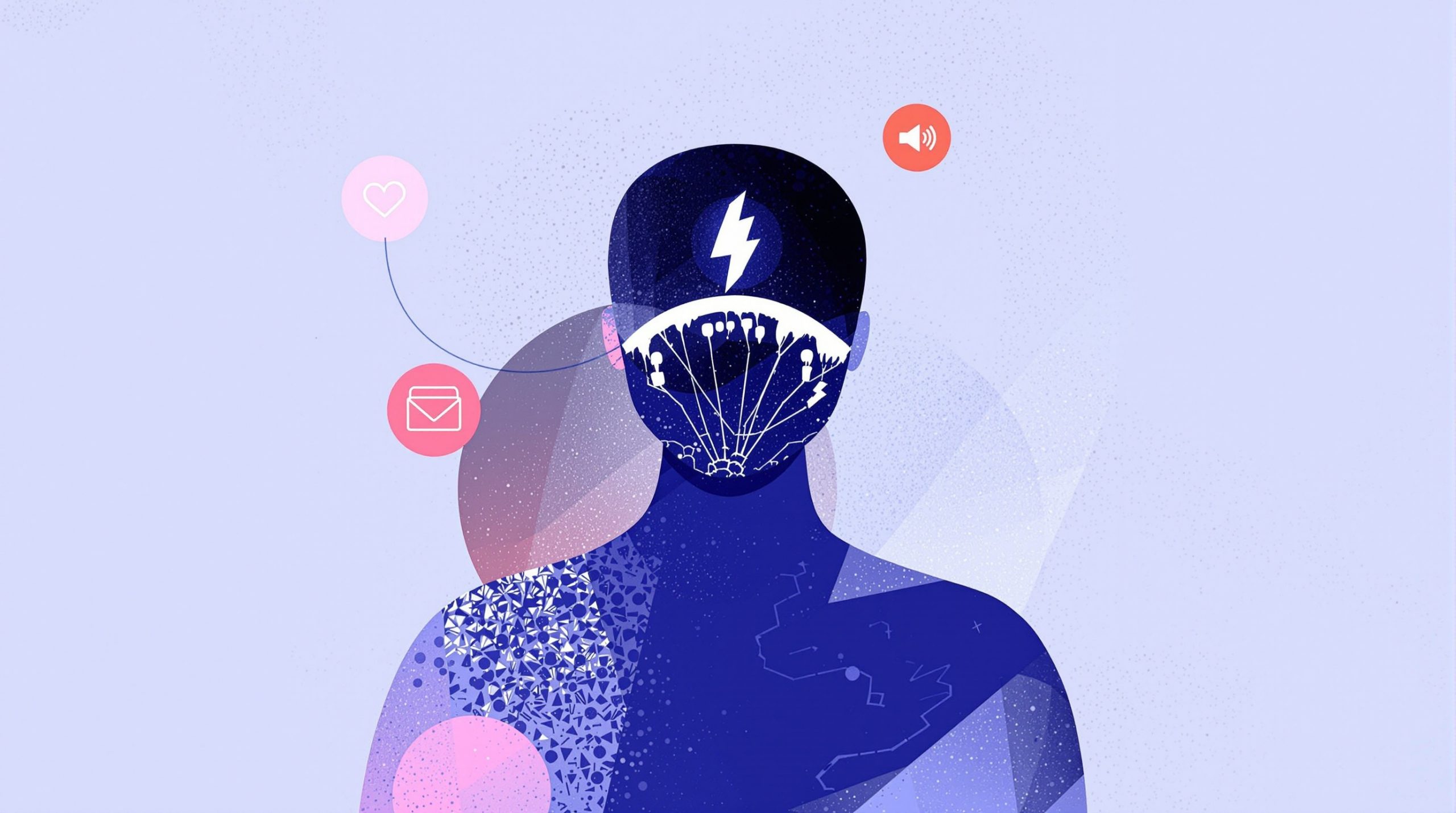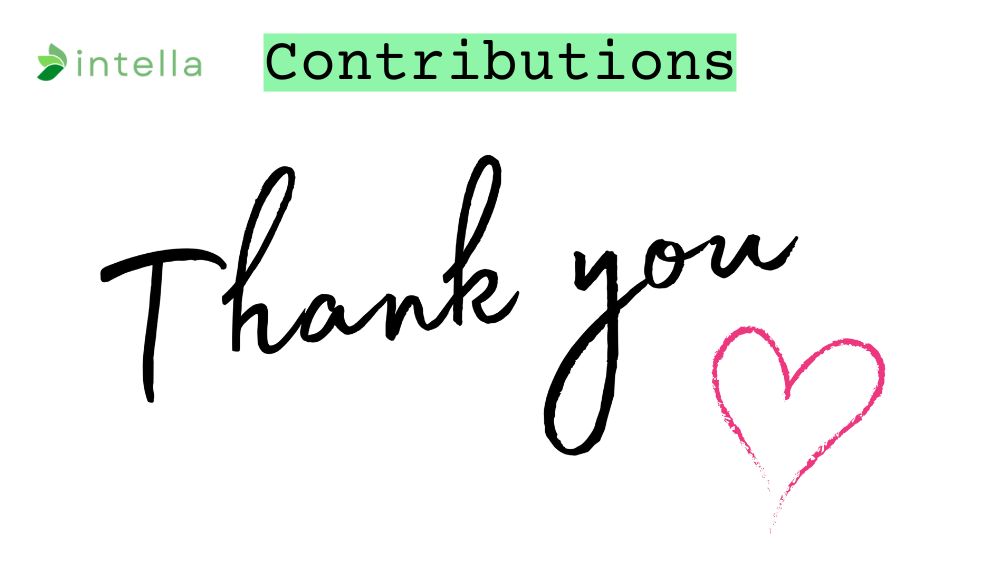In our hyper-connected world, the average person checks their phone 96 times per day. From morning alarms to late-night scrolling, our devices have become extensions of ourselves. But what if constantly being “plugged in” is actually draining our energy instead of enhancing our lives? A digital detox might be exactly what you need to recharge your mental batteries and rediscover the world beyond the screen.
What Is a Digital Detox?
A digital detox is a period when you intentionally step away from electronic devices like smartphones, computers, tablets, and social media platforms. Think of it as a vacation for your brain from the constant stream of notifications, emails, and digital noise. This break can last anywhere from a few hours to several weeks, depending on your goals and lifestyle.
The concept isn’t about rejecting technology completely. Instead, it’s about creating healthy boundaries with our devices and taking back control of how we spend our time and attention.
Signs You Need to Unplug
How do you know when it’s time for a digital break? Your body and mind often send clear signals that you’re experiencing digital overload. You might find yourself reaching for your phone first thing in the morning, even before getting out of bed. Perhaps you feel anxious when your phone battery runs low, or you can’t enjoy a meal without photographing it first.
Other warning signs include difficulty concentrating on tasks, trouble falling asleep after late-night scrolling, or feeling inadequate after comparing yourself to others on social media. If you’ve noticed your real-world relationships suffering because you’re more engaged with your screen than the people around you, it’s definitely time to consider unplugging.
The Science Behind Screen Fatigue
Our brains weren’t designed to process the endless stream of information that modern technology delivers. When we constantly switch between apps, emails, and websites, we’re asking our brains to multitask in ways that are actually exhausting. Research shows that this continuous partial attention increases stress hormones like cortisol, making us feel tired and overwhelmed.
The blue light emitted by screens also disrupts our natural sleep cycles by suppressing melatonin production. This explains why many people struggle with insomnia after spending evenings staring at their devices. Additionally, the dopamine hits we get from likes, comments, and notifications create an addictive cycle that keeps us coming back for more, even when we know we should take a break.
Benefits of Going Offline
Taking a digital detox can transform your mental and physical well-being in surprising ways. When you step away from screens, you give your brain the opportunity to reset and restore its natural rhythms. People who regularly unplug report improved sleep quality, as their bodies can properly wind down without the interference of blue light and mental stimulation.
Your creativity often flourishes during digital breaks. Without constant input from external sources, your mind has space to wander, daydream, and make new connections. Many people discover forgotten hobbies or develop new interests when they’re not spending hours scrolling through feeds.
Relationships also benefit significantly from digital detoxes. When you’re fully present with friends and family, without the distraction of notifications, you can have deeper conversations and create more meaningful memories. You might notice details about your loved ones that you’ve been missing while half-focused on your phone.
How to Start Your Digital Detox
Beginning a digital detox doesn’t mean you have to throw your phone in a drawer and disappear from the digital world entirely. Start small with manageable goals. You might begin by designating phone-free zones in your home, such as the bedroom or dining table. This creates physical boundaries that make it easier to resist the urge to check your devices.
Try implementing “phone-free hours” during your day. Many people find success with a morning routine that doesn’t involve screens for the first hour after waking. This allows you to start your day with intention rather than immediately consuming whatever the internet serves up.
Consider using your phone’s built-in tools to monitor and limit screen time. Set app timers for social media platforms, and turn on “Do Not Disturb” mode during meals, family time, or work sessions that require deep focus. Replace your digital habits with analog alternatives: read physical books, write in a journal with pen and paper, or have face-to-face conversations instead of texting.
Making It Stick: Long-Term Strategies
The key to successful digital detoxing is making it sustainable rather than treating it as a one-time event. Create a weekly routine that includes regular offline periods. Some people observe “Screen-Free Sundays” or dedicate one evening per week to completely unplugging.
Find accountability partners who share your goal of reducing screen time. You could start a book club that meets in person, join a hiking group, or simply agree with friends to keep phones away during social gatherings. Having support makes it easier to maintain new habits.
Remember that slip-ups are normal. If you find yourself falling back into old patterns, don’t give up entirely. Each moment is a new opportunity to put down your device and engage with the physical world around you. The goal isn’t perfection but rather a healthier, more intentional relationship with technology.
The Path Forward
In a world that increasingly demands our constant attention and connectivity, choosing to unplug is a radical act of self-care. A digital detox isn’t about becoming a technology hermit or rejecting the benefits that our devices provide. Instead, it’s about recognizing that true recharging happens offline, in moments of genuine rest, real connections, and mindful presence.
As you begin your journey toward a more balanced relationship with technology, remember that small steps lead to big changes. Every moment you choose to look up from your screen is an investment in your well-being. Your mind, body, and relationships will thank you for the gift of your full attention. The digital world will still be there when you return, but you’ll approach it with renewed energy and a clearer perspective on what truly matters in life.






